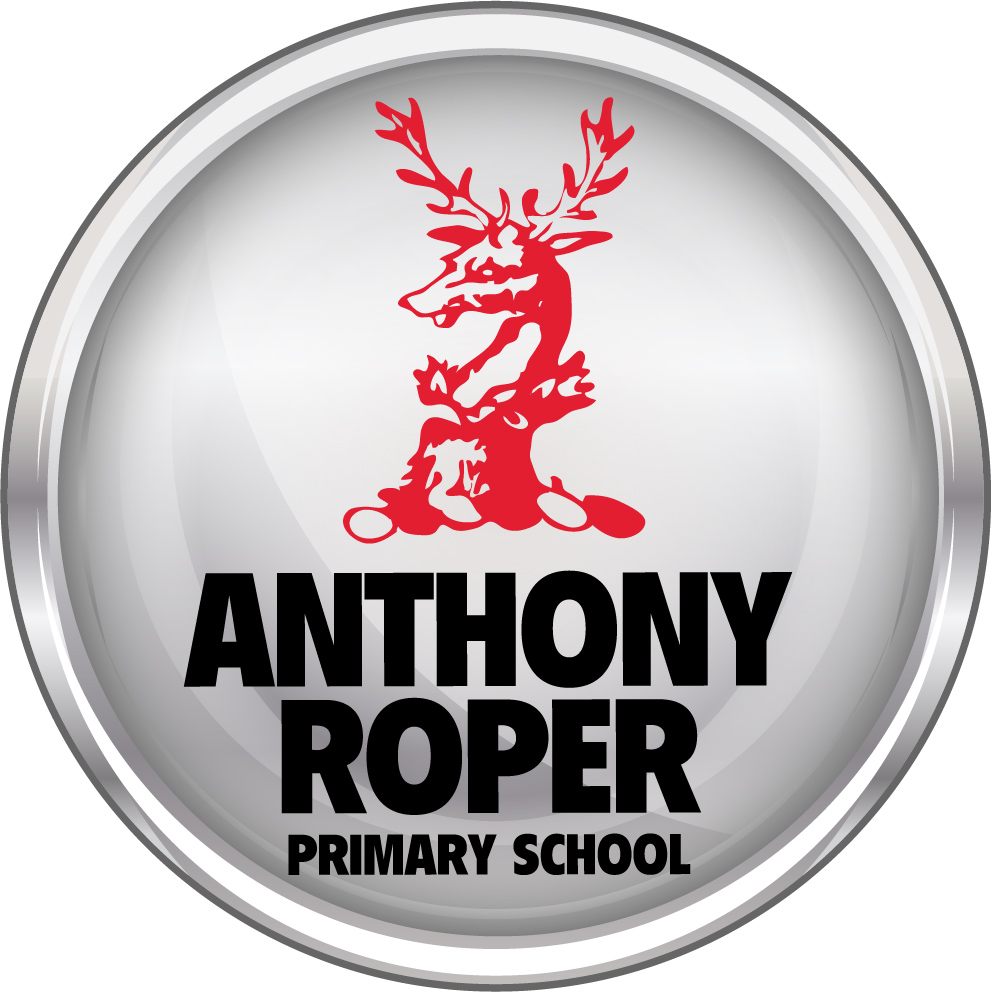Maths
Intent
The National Curriculum for Mathematics aims to ensure that all pupils:
- become fluent in the fundamentals of mathematics, including through varied and frequent practice with increasingly complex problems over time, so that pupils develop conceptual understanding and the ability to recall and apply knowledge rapidly and accurately.
- reason mathematically by following a line of enquiry, conjecturing relationships and generalisations, and developing an argument, justification or proof using mathematical language
- can solve problems by applying their mathematics to a variety of routine and non-routine problems with increasing sophistication, including breaking down problems into a series of simpler steps and persevering in seeking solutions.
Implementation
Every class from EYFS to Y6 follows the White Rose scheme of learning which is based on the National Curriculum. Lessons may be personalised to address the individual needs and requirements for a class but coverage is maintained.
Through our teaching we continuously monitor pupils’ progress against expected attainment for their age, making formative assessment notes where appropriate and using these to inform our teaching. Summative assessments are completed 3 times a year; their results form discussions in Pupil Progress Meetings. The main purpose of all assessment is to always ensure that we are providing excellent provision for every child.
In order to advance individual children’s maths skills in school and at home, we utilise Times Tables Rock Stars and NumBots for number/multiplication practise, application and consolidation. In KS2, maths homework is set weekly, often using MyMaths.
Impact
Pupils know how and why maths is used in the outside world and in the workplace. They know about different ways that maths can be used to support their future potential. Mathematical concepts or skills are mastered when a child can show it in multiple ways, using the mathematical language to explain their ideas, and can independently apply the concept to new problems in unfamiliar situations.
At the end of each year we expect the children to have achieved Age Related Expectations (ARE) for their year group. Some children will have progressed further and achieved greater depth (GD). Children who have gaps in their knowledge receive appropriate support and intervention.
